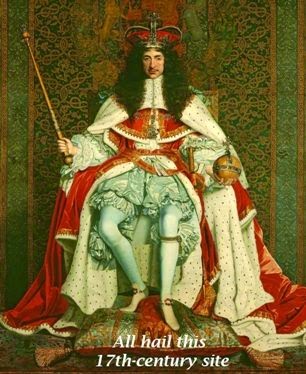I got my log-in details for my Public Lending Rights registration today.
Now, unless you're an author, that probably means very little to you, and if you are an author, you're probably thinking "PLR? oh crikey yes!"
Basically, I'm now recognised as an author whose work is available in libraries, and I get paid royalties for same. Which is kind of exciting, and makes me kind of sad at the same time, because there should be something more to it than an email saying that I'm now registered. I don't know, a fanfare? A raspberry? It's sort of the stamp of recognition that I am a Real Author, and holding my own against people with epic publicity budgets and dedicated PR teams. And there's me, writing like stink in the back bedroom on a laptop with most of the keys missing.
But more than that, it made me think about libraries, and other institutions that we take for granted - education, that we take for granted, and the ability to read books. I live in Cornwall, and I can't walk much more than a mile from my house in any direction without coming across one of the Passmore Edwards Institutes.
John Passmore Edwards was born in Blackwater, within walking distance from me, in 1823. He was the son of a carpenter, and like the children of many of the Cornish working poor of the 19th century, pulled himself up by his bootstraps. He became a journalist, and then a media magnate, as well as a delegate to peace processes in Europe between 1848 and 1850. However, and most significantly for me, he was also a passionate believer in the working man's right to an education; he was a generous donor to the Workers' Educational Association, and gifted libraries, schools, and art galleries for men and women whose hard working-life meant that they - or their children - did not have the luxury of access to full-time education.
I wonder sometimes if perhaps we turn full circle; if perhaps having been given the right to education, people no longer see it as a hard-won privilege, a thing that men and women fought to achieve. That to many of us now it's devalued currency, as taken for granted as our air and clean water. Two hundred years ago, my little boy would only have been going to school tomorrow if we could afford it, or if he could be spared from wage-earning labour that put food on the family table. (Yes, two hundred years ago, children were still working in mills, their nimble little fingers, speed, and small stature being valuable, and their poor little bodies being cheap to feed and dispensable.) Schooling until the age of ten was only made compulsory in 1857, and the age at which a child could leave school was only set at sixteen, in 1972.
We - people my age - we have never been part of a society in which we want to learn but are deprived by circumstance of the ability to do so. Have never, thank God, lived in a world where books are "for your betters" - not beyond the reach of poor people, or working people, or children, but are for everyone.
And, you know, maybe we need to think about that. That maybe education and literacy are still a prize, an achievement to be proud of, rather than a casual box to be ticked. That there are still places in this country where adult literacy is not universal, before we even consider that there are countries in the developing world where parents are still fighting for their children's opportunities to be educated out of poverty. We don't hold any moral high ground on literacy at all. When you think that Passmore Edwards and his like made it possible for every adult in England to access literacy and learning, the idea that there are grown men and women who have the physical and mental capacity to gain an education, and make a conscious choice to remain ignorant is rather obscene.
Books are not our friends. Books are as necessary as breathing. Not just mine, but science books - romance books - books about keeping fish, or driving test theory.
If you're reading this, it's because someone fought for your right to an education. Don't ever take it for granted.

I don't take my education for granted, and I strongly agree with the necessity of it for life, liberty and the pursuit of happiness. There seems to be a nasty tide of anti-intellectualism in the USA and elsewhere. It's something that should be fought tooth and nail, and learning and libraries promoted, for how else are ordinary people to rise above the machinations of the rich and powerful?
ReplyDeleteI have never taken it for granted. It has to be said, however, that in times past the rich and powerful denied not only inferiors the right to an education, but also women. That ensured they were ones who controlled everything, and continued to be rich and powerful at the expense of everyone else.
ReplyDeleteWhich was what made the philanthropists like Passmore Edwards more powerful, because they simply gifted the buildings and the tools for people to educate themselves.
Delete